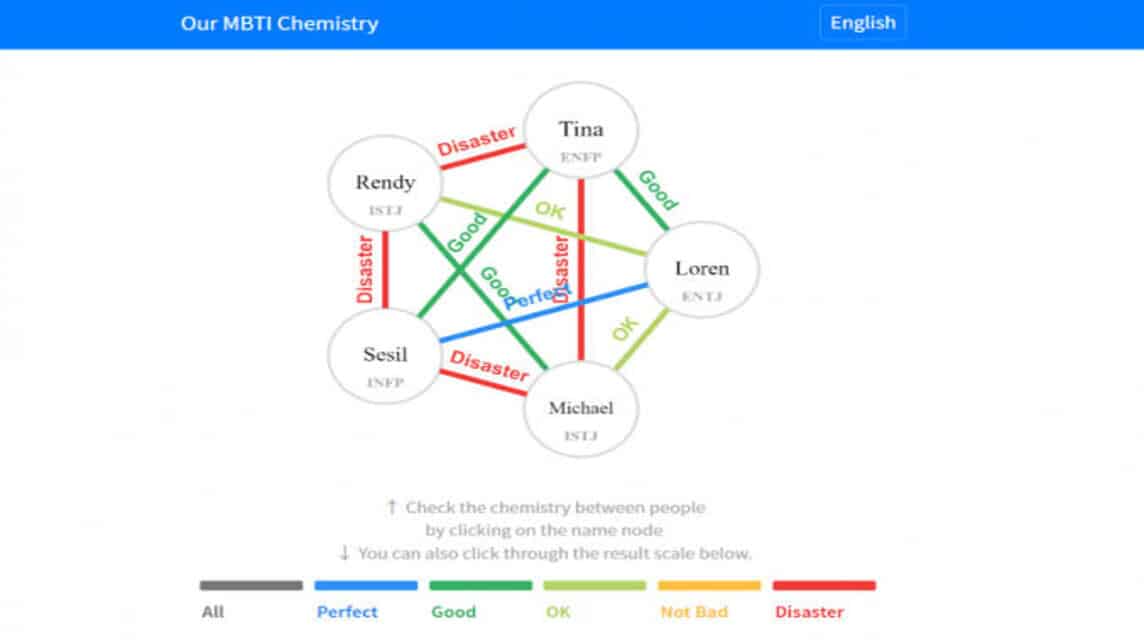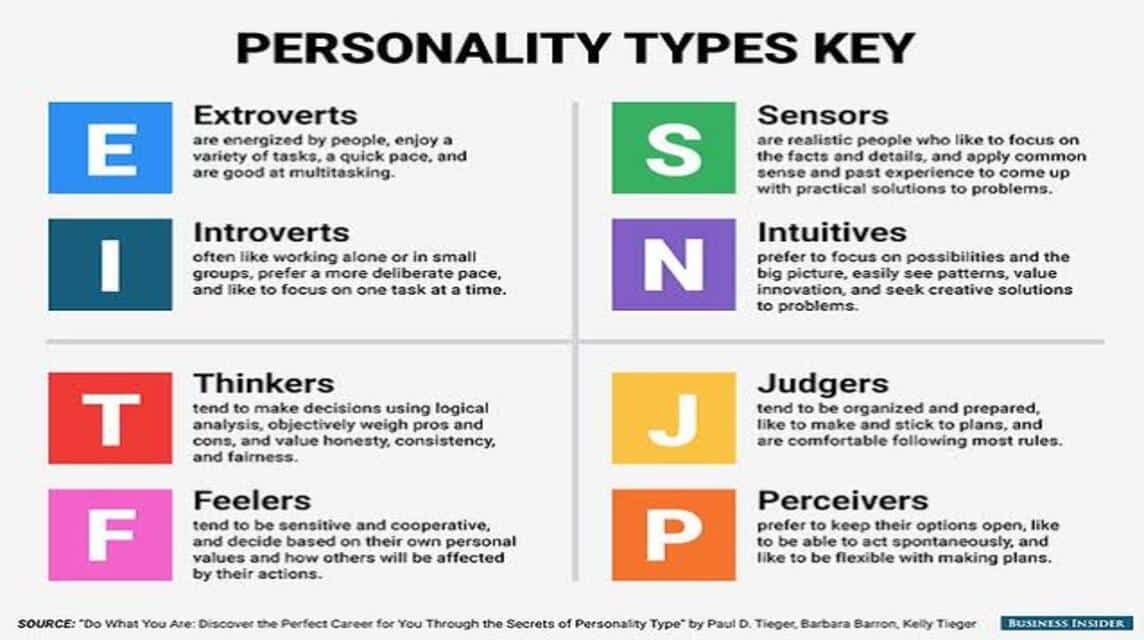Our personality chemistry plays a crucial role in shaping our interactions, relationships, and overall life experiences. It influences how we perceive the world and how others perceive us. Understanding this concept can lead to better communication, stronger bonds, and personal growth. Whether in personal or professional settings, delving into the intricacies of personality chemistry can be transformative.
Imagine walking into a room and immediately feeling a connection with someone you've never met before. Or, on the flip side, feeling an instant disconnect with another individual. These experiences are often attributed to the complex interplay of personality traits, values, and behaviors that form the foundation of our personality chemistry. It's a fascinating subject that touches every aspect of human interaction.
As we navigate through life, understanding our own personality chemistry and that of others becomes increasingly important. This knowledge empowers us to build healthier relationships, improve teamwork, and enhance our overall well-being. In this article, we'll explore the concept of personality chemistry in-depth, providing insights and practical tips to harness its power effectively.
Read also:Joel Klatt Net Worth Unveiling The Wealth Of A Renowned Sports Analyst
Table of Contents
- What is Personality Chemistry?
- Components of Personality
- Types of Personality Chemistry
- How Personality Chemistry Affects Relationships
- Measuring Personality Chemistry
- Tools for Understanding Personality Chemistry
- Improving Personality Chemistry
- Overcoming Personality Conflicts
- Personality Chemistry in the Workplace
- Conclusion
What is Personality Chemistry?
Personality chemistry refers to the dynamic interaction between individuals based on their unique personality traits, behaviors, and values. It is the invisible force that governs how we connect with others, whether in personal or professional settings. This concept is not limited to romantic relationships; it extends to friendships, family dynamics, and workplace environments.
According to psychologists, personality chemistry is shaped by a combination of innate traits and learned behaviors. It is influenced by factors such as upbringing, culture, and life experiences. Understanding this concept can help us navigate complex social situations and build more meaningful connections.
Components of Personality
To delve deeper into our personality chemistry, it's essential to understand the building blocks of personality itself. The following components play a significant role:
- Temperament: Innate traits that influence how we respond to stimuli.
- Character: Learned behaviors and values shaped by life experiences.
- Personality Traits: Distinctive qualities that define an individual's behavior and thinking patterns.
These components interact in unique ways to form the foundation of our personality chemistry. By understanding them, we can better appreciate the complexities of human interaction.
Types of Personality Chemistry
Personality chemistry can be categorized into several types, each with its own characteristics:
Compatible Personality Chemistry
This type of chemistry occurs when individuals share similar values, interests, and communication styles. It fosters harmony and understanding, making it ideal for long-term relationships.
Read also:Freddie Mercurys Last Days A Deep Dive Into The Final Chapter Of A Legend
Complementary Personality Chemistry
In this scenario, individuals possess contrasting traits that complement each other. For example, one person may be introverted while the other is extroverted. This dynamic can lead to a balanced and enriching relationship.
Conflicting Personality Chemistry
When individuals have opposing values or behaviors, it can result in friction and tension. Understanding the root causes of these conflicts is crucial for resolving them effectively.
How Personality Chemistry Affects Relationships
Our personality chemistry significantly impacts the quality of our relationships. It influences how we communicate, resolve conflicts, and build trust with others. For instance, individuals with compatible chemistry may find it easier to express their feelings and needs, leading to stronger emotional bonds.
On the other hand, conflicting chemistry can create challenges that require patience and understanding to overcome. By recognizing these dynamics, we can work towards fostering healthier relationships in all areas of life.
Measuring Personality Chemistry
While personality chemistry is inherently subjective, there are methods to assess and understand it better. Psychologists and researchers have developed various tools and frameworks to evaluate personality traits and their interactions. These assessments can provide valuable insights into our personality chemistry and how it affects our relationships.
Tools for Understanding Personality Chemistry
MBTI
The Myers-Briggs Type Indicator (MBTI) is a widely used tool for assessing personality types. It categorizes individuals into 16 distinct types based on their preferences in four key areas: extraversion/introversion, sensing/intuition, thinking/feeling, and judging/perceiving. By identifying our type, we can gain a deeper understanding of our personality chemistry and how it interacts with others.
Big Five Personality Test
The Big Five Personality Test evaluates individuals based on five core traits: openness, conscientiousness, extraversion, agreeableness, and neuroticism. This framework provides a comprehensive view of personality and its impact on relationships and behavior. Both tools are backed by extensive research and are considered reliable methods for understanding personality chemistry.
Improving Personality Chemistry
While some aspects of personality chemistry are innate, there are ways to enhance it through intentional effort. Here are a few strategies:
- Active Listening: Paying attention to others' words and emotions can improve communication and build trust.
- Empathy: Understanding and validating others' perspectives fosters deeper connections.
- Adaptability: Being open to different viewpoints and approaches can reduce conflicts and enhance collaboration.
By incorporating these practices into our daily lives, we can improve our personality chemistry and create more fulfilling relationships.
Overcoming Personality Conflicts
Conflicts arising from personality differences are inevitable, but they can be managed effectively with the right approach. Here are some tips for resolving personality conflicts:
- Identify the Root Cause: Understanding the underlying reasons for the conflict can help address it more effectively.
- Communicate Openly: Encouraging honest and respectful dialogue can clear misunderstandings and foster mutual understanding.
- Focus on Solutions: Collaborating to find mutually beneficial solutions can turn conflicts into opportunities for growth.
By adopting these strategies, we can transform personality conflicts into catalysts for positive change.
Personality Chemistry in the Workplace
Personality chemistry plays a vital role in workplace dynamics, influencing team collaboration, leadership effectiveness, and overall productivity. Organizations that recognize and leverage personality differences can create more cohesive and innovative teams. By fostering an environment that values diversity and encourages open communication, employers can harness the power of personality chemistry to drive success.
Conclusion
In conclusion, our personality chemistry is a powerful force that shapes our interactions and relationships. By understanding its components, recognizing its types, and employing strategies to improve it, we can enhance our personal and professional lives. Whether through tools like the MBTI or Big Five Personality Test, or by practicing active listening and empathy, the possibilities for growth are endless.
We invite you to share your thoughts and experiences in the comments below. How has personality chemistry impacted your life? What strategies have you found effective in improving your relationships? Don't forget to explore our other articles for more insights into psychology and human behavior.
Sources:
- Myers & Briggs Foundation. (n.d.). The 16 MBTI Types. Retrieved from https://www.myersbriggs.org/my-mbti-personality-type/mbti-basics/the-16-mbti-types.htm
- Cosmopolitan. (2019). The Big Five Personality Traits Explained. Retrieved from https://www.cosmopolitan.com/uk/worklife/a27501845/big-five-personality-test/


